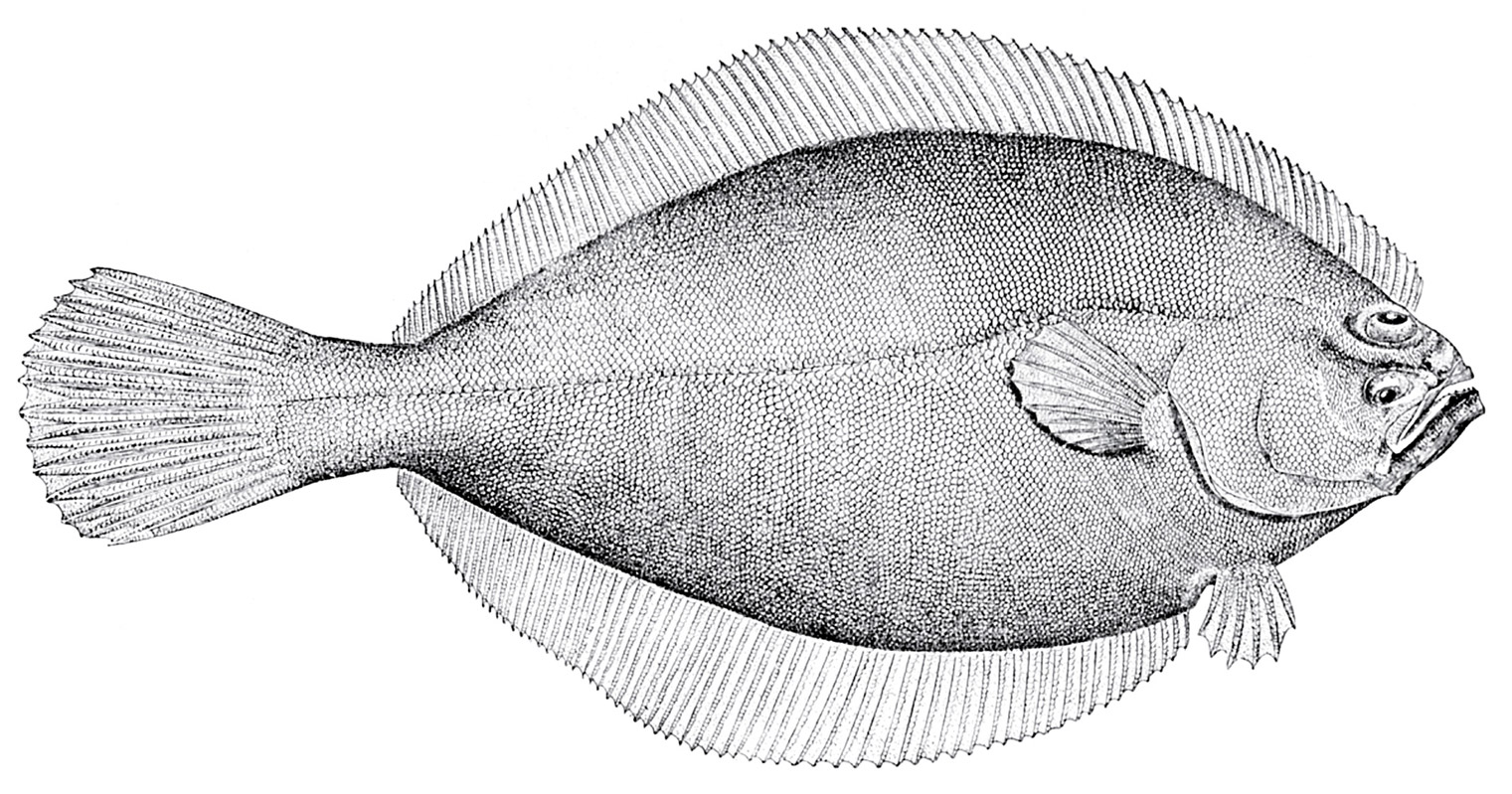A Fish Called Plaice
An introduction
Cabinet

The following portfolio of texts and images was originally assembled in response to a request that Cabinet received to contribute to a Spanish catalogue examining the notion of “place.” Our initial idea had been to investigate how much a notion of place needs to be localized in order to be meaningful. Can we, for example, in any useful sense speak of an American or European notion of place?
As we conducted our research, a simple typing error while Googling made us realize that while an “American place” may not exist, the American plaice (Hippoglossoides platessoides) certainly does, as does the European plaice (Pleuronectes platessa). Soon our project derailed as we became increasingly infatuated by these asymmetrical right-eye flounders, and we decided to investigate some of the places in which one can find these fish—from the ocean to the restaurant—as a way of fulfilling our Spanish commission. Needless to say, the pun did not work in Spanish and so we put aside our piscine project.
And yet we had become enamored of these fish whose strange looks are matched by truly strange lives. In an 1876 paper on flounder, for example, the naturalist Alexander Agassiz describes how the symmetrical hatchling, swimming along with eyes on both sides of its head, eventually must lie down on the ocean floor. The decision it makes about which side to lie down on is the most crucial moment in the fish’s life. If it settles on the correct side, its lower eye, now looking directly into the ocean sand, can migrate to the upper part of its head. Falling on the wrong side results in death. Right-eye flounders, for example, must lie on their left side. Perhaps the quantum physicist Erwin Schrödinger should have turned to the flounder for his famous thought experiment instead of a cat.
Spotted an error? Email us at corrections at cabinetmagazine dot org.
If you’ve enjoyed the free articles that we offer on our site, please consider subscribing to our nonprofit magazine. You get twelve online issues and unlimited access to all our archives.